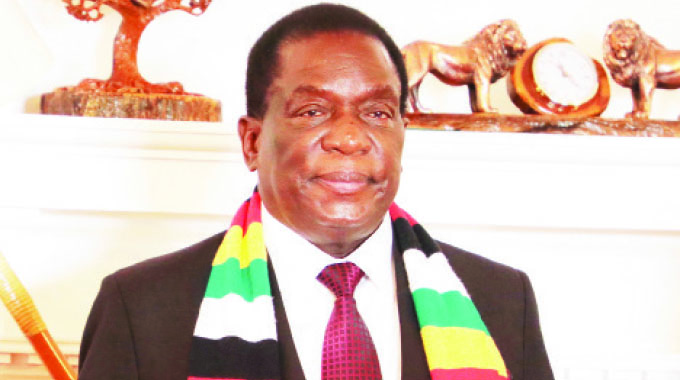Supreme Court settles Mwazha church dispute

Fidelis Munyoro-Chief Court Reporter
ARCHBISHOP Paul Mamvura Mwazha remains at the helm of the African Apostolic Church (VaApostora veAfrica), which he founded, after the Supreme Court yesterday confirmed a High Court decision nullifying the appointment of one of his sons as successor, putting finality to the long running wrangle over control of the church.
The Supreme Court went further than the High Court and nullified a High Court order for the leadership to assemble and choose a successor since there was no evidence that the 102-year-old archbishop was as yet incapable of exercising leadership. The courts, in such a civil action, have to work on the basis of what are the internal rules of the church and the practices of the church, rather than on any external input.
The African Apostolic Church has a constitution which makes this process easier.
Archbishop Mwazha is one of the pioneers of indigenous churches in Zimbabwe and his successor will be named and appointed within the dictates of the church’s doctrine and constitution.
The ruling comes after Archbishop Mwazha’s son, Bishop Alfred Kushamisa Mwazha, approached the Supreme Court seeking to overturn the entire High Court judgment last year which nullified his appointment as the leader of the church and successor to his father.
One of the church members, Reverend Ernest Mhambare represented by lawyer Mr Nickel Mushangwe, had instituted legal proceedings regarding the succession after the Mwazha family was in May last year involved in an altercation over who would take over religious leader.
In the Supreme Court the three-judge appeal panel comprising Justice Susan Mavangira, Justice Tendai Uchena and Justice George Chiweshe upheld the High Court’s decision nullifying the appointment of Bishop Kushamisa.
However, the appeal partially succeeded in reversing the lower level court’s decision directing the Priesthood Council to convene and choose a successor to Archbishop Mwazha when there was no evidence put before the court to prove that he was incapacitated to lead the church.
But the Supreme Court agreed with the High Court that the nomination or appointment of Alfred Mwazha as successor to Archbishop Paul Mwazha was done outside the ambit of the church’s constitution and was therefore null and void, said Justice Chiweshe writing the judgment for the court.
“In our view the court a quo’s decision in that regard cannot be faulted in light of the provision of article 9.2 of the 10th appellant’s (Church) constitution.” However, Bishop Kushamisa and his faction partially succeeded in setting aside the lower court’s decision on the convening of meeting to choose a successor to Archbishop Mwazha.
Though the Kushamisa-led faction conceded that Archbishop Mwazha was frail on account of his age, it was adamant that the 102-year-old man was in full control of his faculties and of sound mind.
On the other hand, Mhambare insisted that Archbishop Mwazha suffered dementia to the point of being incapacitated to lead the Church.
But in his judgment, Justice Chiweshe ruled that every person is presumed normal and of sound mind until the contrary is proved.
He found no credible evidence that was placed before the High Court to enable it to make the finding that would trigger action in terms of the church’s constitution to displace Archbishop Mwazha. Bishop Kushamisa and nine other senior church members had appealed against setting aside of his nomination as successor to the Archbishop Mwazha, the head of the apostolic sect and, resultantly, proceeded to nullify any decisions taken by the former as Archbishop of the church. Other appellants in the appeal were Ngoni Edward, Masimba Mwazha, James Mwazha, Richard Juru, Elson Tafa, Charles Tekeshe, Lovemore Mharadze, Norman Siyamuzhombwe and the church.








Comments